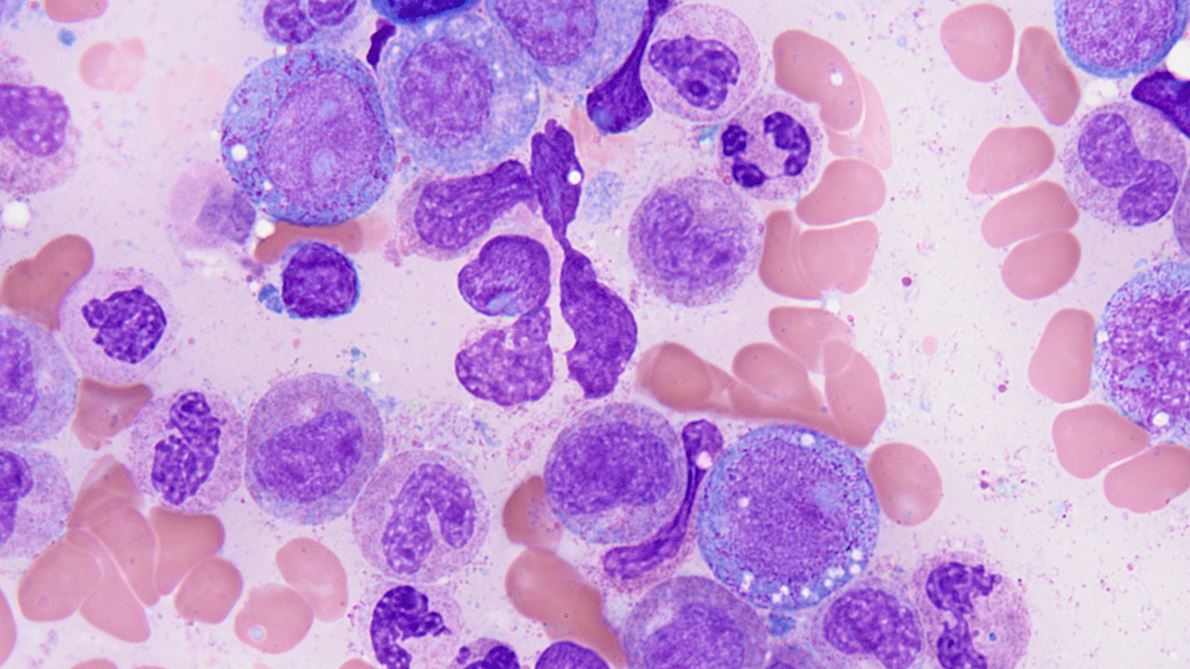Northfield, Ill. (May 15, 2025)— A new review explores clonal hematopoiesis of indeterminate potential, or CHIP — a common yet underrecognized condition that may offer critical insights into the development and prevention of inflammatory diseases.
CHIP refers to the presence of blood cell clones with mutations typically seen in blood cancers, but in people who are otherwise healthy. While past research has focused on CHIP’s connection to cancer, this new review shifts attention to its important role in driving inflammation.
The review highlights how certain genetic mutations seen in most CHIP cases not only affect blood cells but also amplify inflammation. Cell clones with these mutations can worsen conditions such as atherosclerosis, heart failure, nonalcoholic steatohepatitis (NASH), chronic obstructive pulmonary disease (COPD), and infections.
“CHIP doesn’t just sit quietly in the background — it plays an active role in some inflammatory processes,” said Dr. Marcello Toscano, FCAP, co-author and member of the CAP Personalized Health Care Committee. “In fact, CHIP may create a harmful cycle, where inflammation promotes clonal growth, which then fuels even more inflammation. This may help explain why people with CHIP have higher risks for heart disease, liver problems, and possibly worse outcomes in illnesses like COVID-19.”
“There are promising strategies to address CHIP’s pro-inflammatory potential, such as therapies with IL-6 pathway inhibitors and high-dose vitamin C-based approaches targeting TET2 mutations,” said co-author Genevieve Crane, MD, PhD, FCAP.
Adding another layer of complexity, research indicates CHIP might not always be a negative force. Under the right circumstances, some CHIP mutations might help the immune system respond more vigorously to long-term threats like tumors. CHIP-related mutations in genes such as DNMT3A, ASXL1, and TET2 can influence how T-cells respond to tumors, with ASXL1 mutations helping immune cells stay active in cancer-fighting environments — potentially enhancing the effectiveness of immune checkpoint therapies.
Enhancing precision medicine
As the relationship between CHIP, cancer, and inflammatory conditions becomes increasingly recognized, understanding their interplay is key to personalized care. CHIP may serve as both a risk marker and a treatment target, particularly in inflammatory and immune-related conditions. Recognizing CHIP as a driver — and sometimes a modulator — of inflammation could transform approaches to prevention, treatment, and risk reduction in a wide range of chronic diseases.
About the College of American Pathologists
As the world’s largest organization of board-certified pathologists and leading provider of laboratory accreditation and proficiency testing programs, the College of American Pathologists (CAP) serves patients, pathologists, and the public by fostering and advocating excellence in the practice of pathology and laboratory medicine worldwide. For more information, visit the CAP Newsroom, CAP.org and yourpathologist.org to watch pathologists at work and see the stories of the patients who trust them with their care.
###

